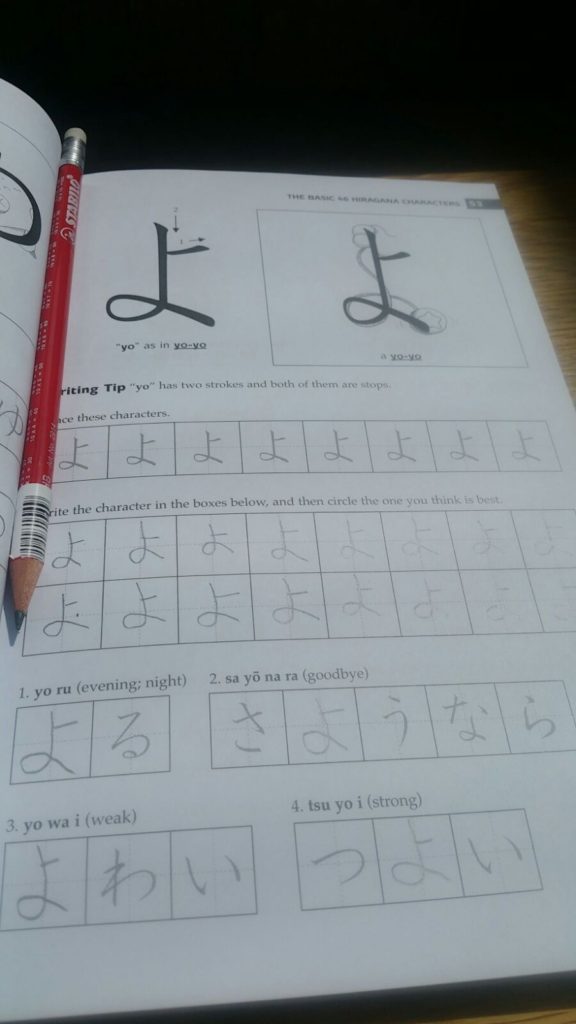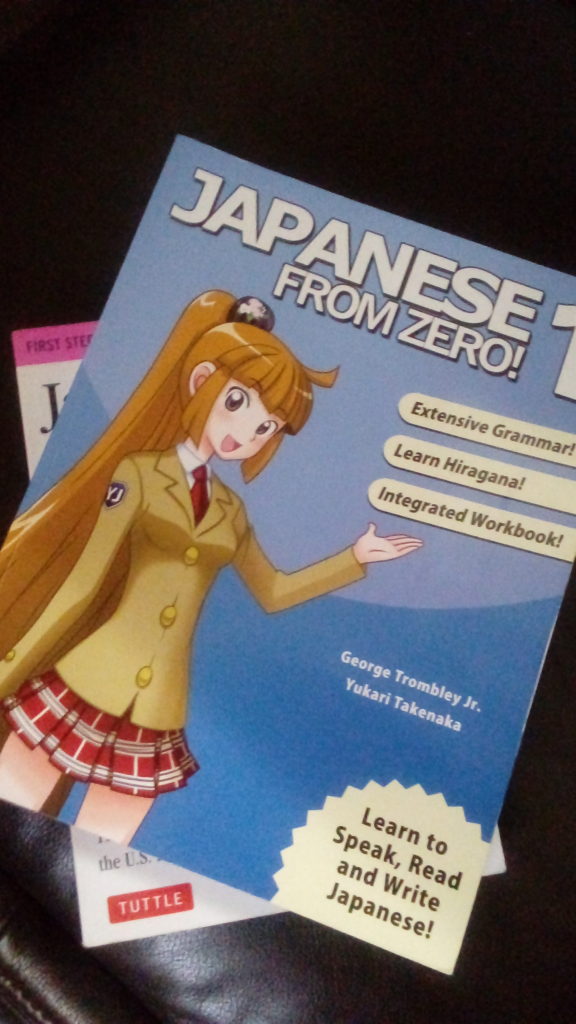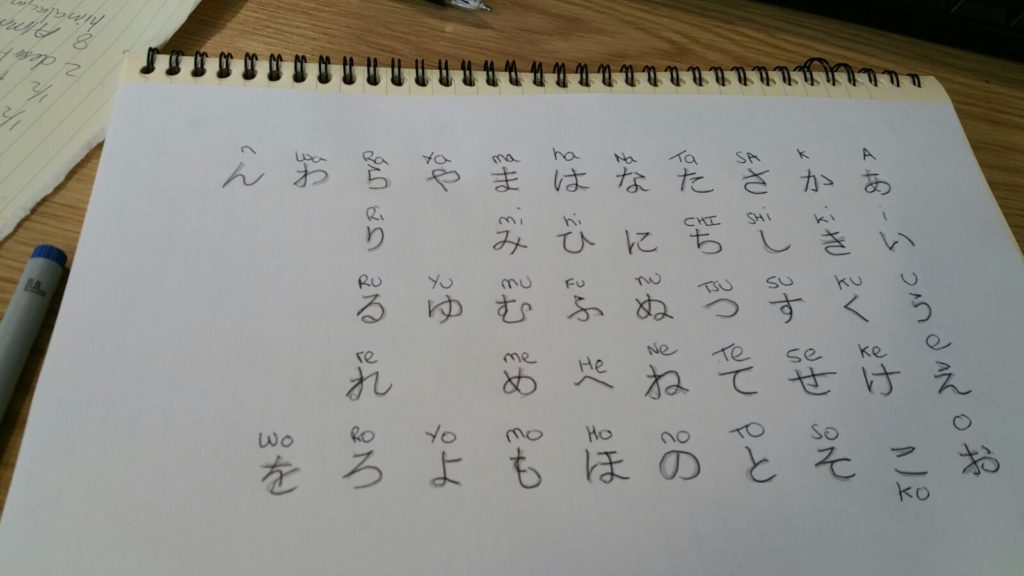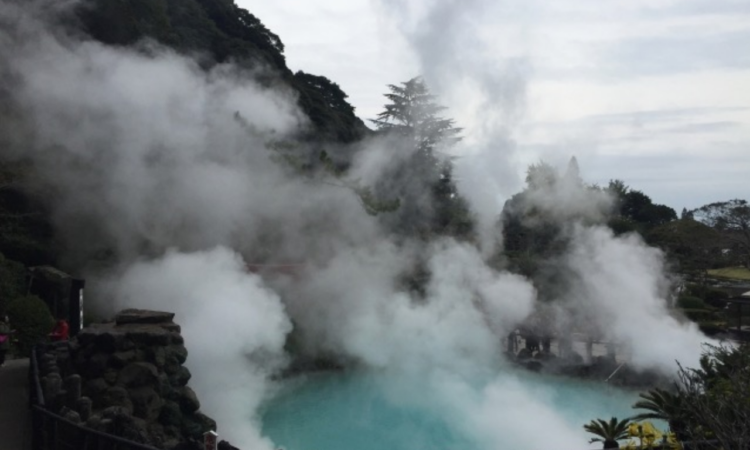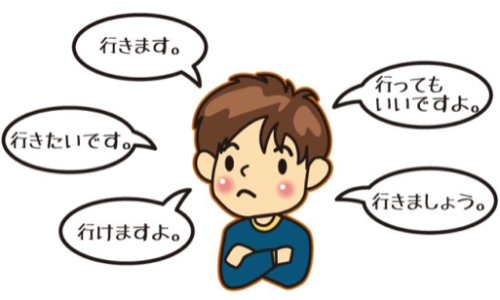This post is also available in:

Do you enjoy learning Japanese?
No matter how long you have been learning Japanese, you might be struggling with it as some of the Japanese phrases are quite ambiguous and it is not easy to be translated into your language directly.
However, as they are used very often, it is good for you to remember how to use them and get used to using them.
Here are 10 useful Japanese phrases that will improve your experience in Japan.
1. Shitureishimasu
If you translate this phrase directly into English, it means “Excuse me”. But the real meaning is slightly different.
This phrase is used very often in many situations. For example, this is used when you enter someone’s room or house. In this case, the meaning is similar to “May I come in?”, but this is not a phrase for permission and this is a phrase for telling that you are coming in.
A: Douzo ohairi kudasai. (Please come in.)
B: Shitureishimasu. (I am coming in.)
Also, you can use this phrase when you leave somebody’s room or house as well, but in this case, the meaning is “Thank you” or “Goodbye”. It is used a lot when you are on the phone and are about to finish the phone call, instead of saying ‘”Goodbye”.
A: Mata denwa shimasu. (I will call you again.)
B: Arigatou gozaimasu. Shitureishimasu. (Thank you. Goodbye.)
2. Daijoubu (?)
In general, this means “I am okay” or “I am all right”.
Also, if you raise the pitch at the end, you can use this phrase as a question.
This is quite colloquial, and please add “desu” to an affirmative sentence, “desuka” for a question when you want to speak politely.
A: Daijoubu desuka? Kaze desuka? (Are you all right? Do you have a cold?)
B: Daijoubu desu. (I’m okay.)
This phrase also has the meaning of “Everything will go well”.
A; Asu no shiken ga shinpai desu. (I am worried about the exam tomorrow.)
B: Shinpai shinaide. Daijoubu desu yo. (Don’t worry. Everything will go well for you.)
3. Ikagadesuka?
In general, this means “How about—” and you can use this phrase when you suggest something.
A; Kono kutsu wa ikagadesuka? (How about these shoes?)
B: Suteki dato omoimasu. (I think they are nice.)
You can also use this phrase when you want to offer something, such as when you want to offer drink or food to your friends.
A: Ocha wa ikagadesuka? (Would you like a cup of tea?)
B: Hai, itadakimasu. (Yes please, thank you.)
4. Ikagadeshitaka?
Basically, this is the past tense of “Ikagadesuka?” But the meaning is different from the present tense.
This phrase is used when you ask someone if they enjoyed what they did, what they had or the events they took part in.
A: Syuumatsu wa ikagadeshitaka? (How was your weekend?)
B: Yokatta desu. (It was great.)
Also, it is used to ask if the meal was ok for someone when you cooked a meal for them.
A; Shokuji wa ikagadeshitaka? (How was your meal?)
B; Oishikatta desu. (It was delicious.)
5. Gambatte
The Japanese people use this phrase very often in many situations. The meaning is a bit ambiguous, but basically, it means “Good luck”, “Keep going”, or “ Do your best”.
A: Asu eigono shiken wo ukemasu. (I am going to take an English exam tomorrow.)
B: Gambatte! (Do your best!)
A: Atarashii shigoto ga mitsukarimashita. (I got a new job.)
B: Gambatte! (Good luck with your new job!).
A: Benkyo ga taihen desu. (Studying is very hard.)
B: Gambatte. (Keep going.)
6. Ma-ma- desu
This phrase is very ambiguous but the Japanese people use it very often in many situations. Basically, this meaning is that “not good but not bad” or ‘just so-so’.
A: Genki desuka? (How are you?)
B: Ma-ma- desu (I am not good but not bad either.)
You can use this phrase when you want to avoid telling about something straight if it is good or not.
A: Shigoto no susumi guai wa doudesuka? (How is your work going?)
B: Ma-ma- desu. (It is going ok.)
7. Otsukaresama
You hear this phrase in many situations and this means “ You must be tired.” if you translate it into English directly, but it is normally used for saying goodbye, especially when you finish your work and leave the office.
A: Kaerimasu. Otukaresama deshita. (I am going home now. Goodbye.)
B: Otsukaresama. (Goodbye.)
Also, it is used when someone comes back home from work or school. In this case, it means ‘you must be tired’.
A: Tadaima. (I am home now.)
B: Okaeri. Otsukaresama. (Welcome home. You must be tired.)
8. Sugoi / Sugoku
These two words are similar but “Sugoi” is an adverb and the meaning is “Wonderful” or “ Great.” “Sugoku” is an adjective and the meaning is “Very”.
A: Kono kashu no koto do omoimasuka? (What do you think about this singer?)
B: Kare wa sugoi to omoimasu. (I think he is wonderful/talented.)
A: Kono eiga wa doudeshitaka? (How was this film?)
B: Sugoku yokattadesu. (It was very good.)
9. Sumimasen
This means basically “Excuse me”. But it is often used instead of Gomennasai (I am sorry).
A: Sumimasen. Sore wo totte moraemasuka? (Excuse me, can you pass it to me?)
B: Hai douzo. (Here you are.)
A; Sumimasen. Sore wa watashi ga geinn desu. (I am sorry. It is my fault.)
B: Kinishinaide kudasai. (Don’t worry.)
10. Omedetou!
This means “Congratulations!” in many situations but it is used for a birthday wish as well.
A: Shiken ni goukaku shimashita! (I passed the exam!)
B: Soreha sugoi! Omedetou! (That’s’ great! Congratulations!)
A: Otanjoubi Omedetou! (Happy Birthday!)
B: Arigatou! (Thank you!)
These are very useful phrases that you could use or hear a lot, once you get used to using them in Japan, you will find that learning Japanese is fun.
Enjoy speaking Japanese!
superokami / Japan


